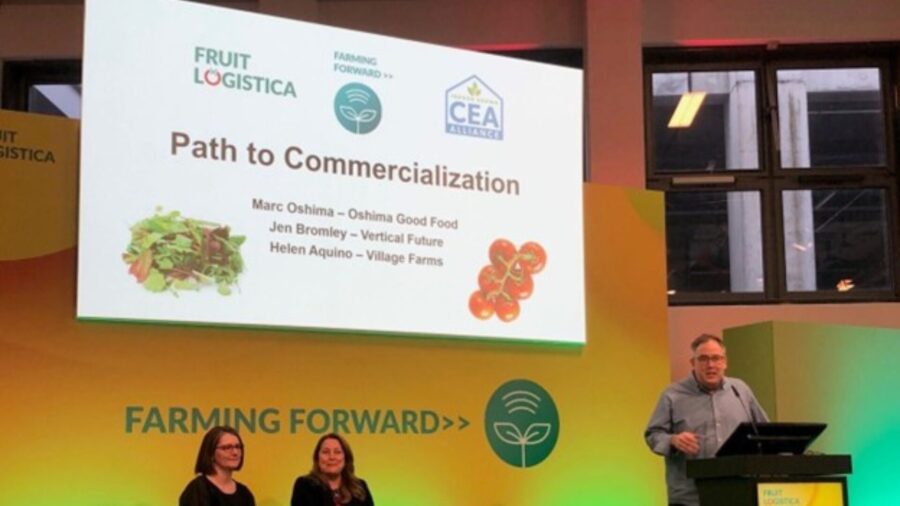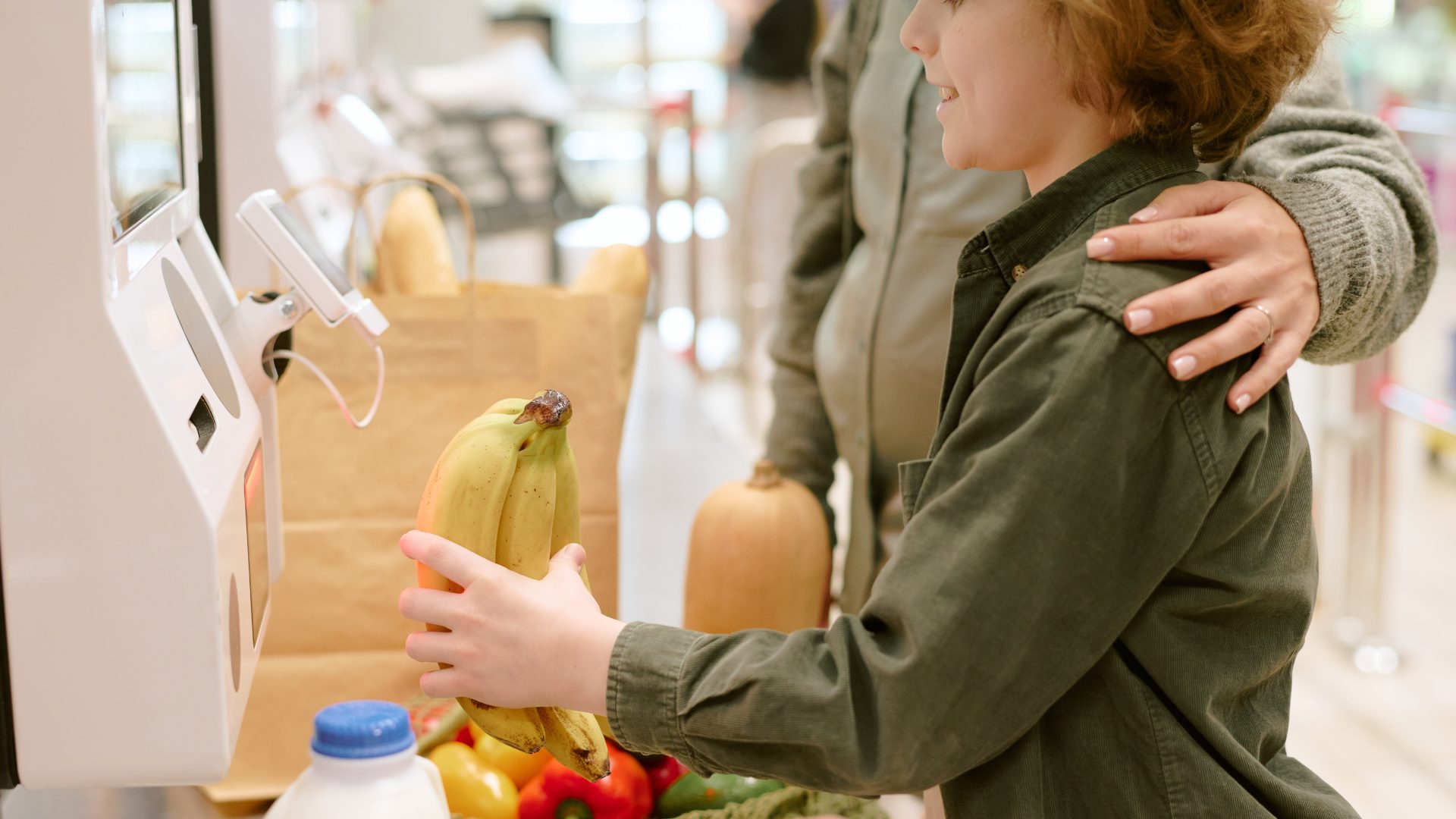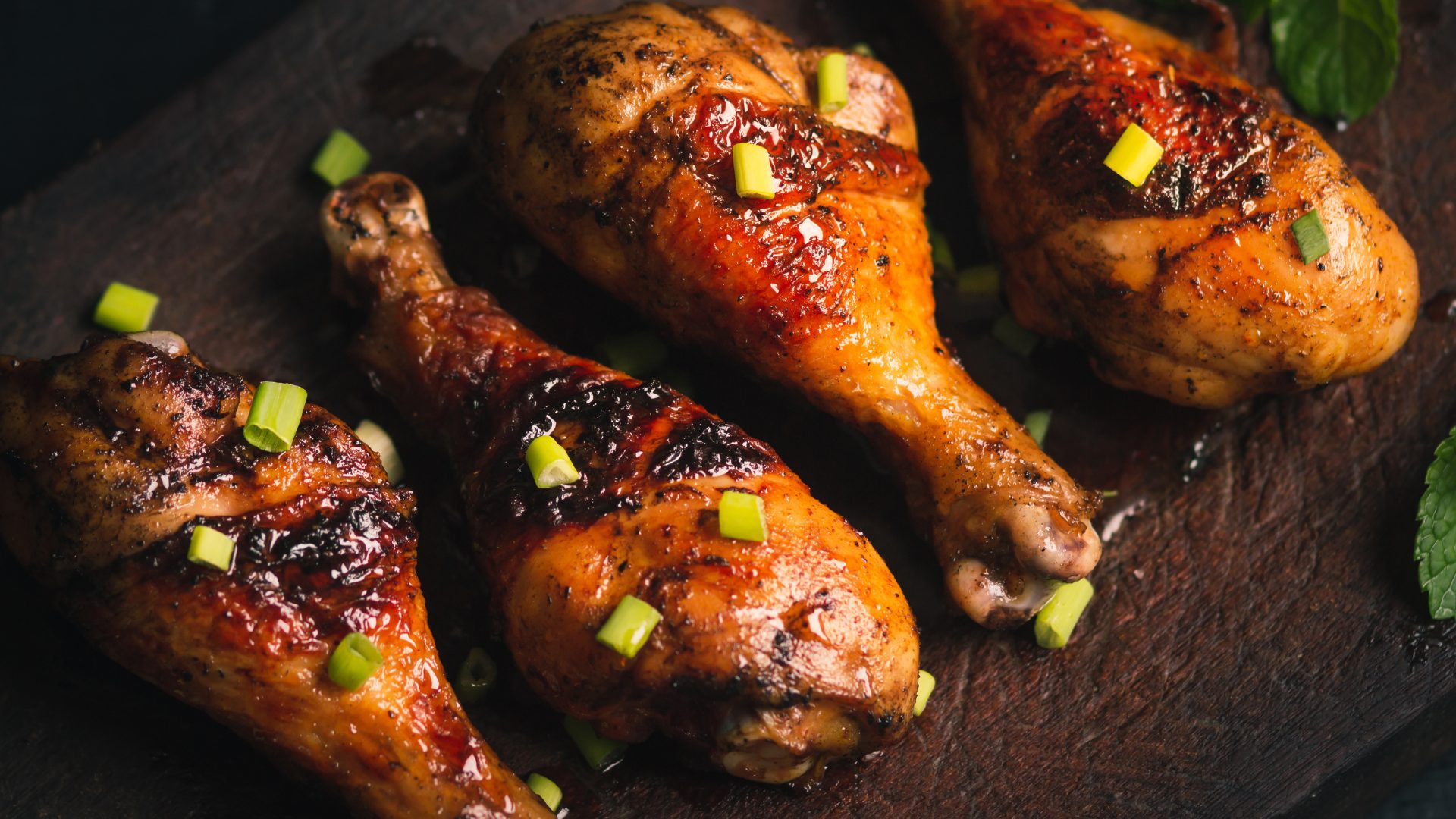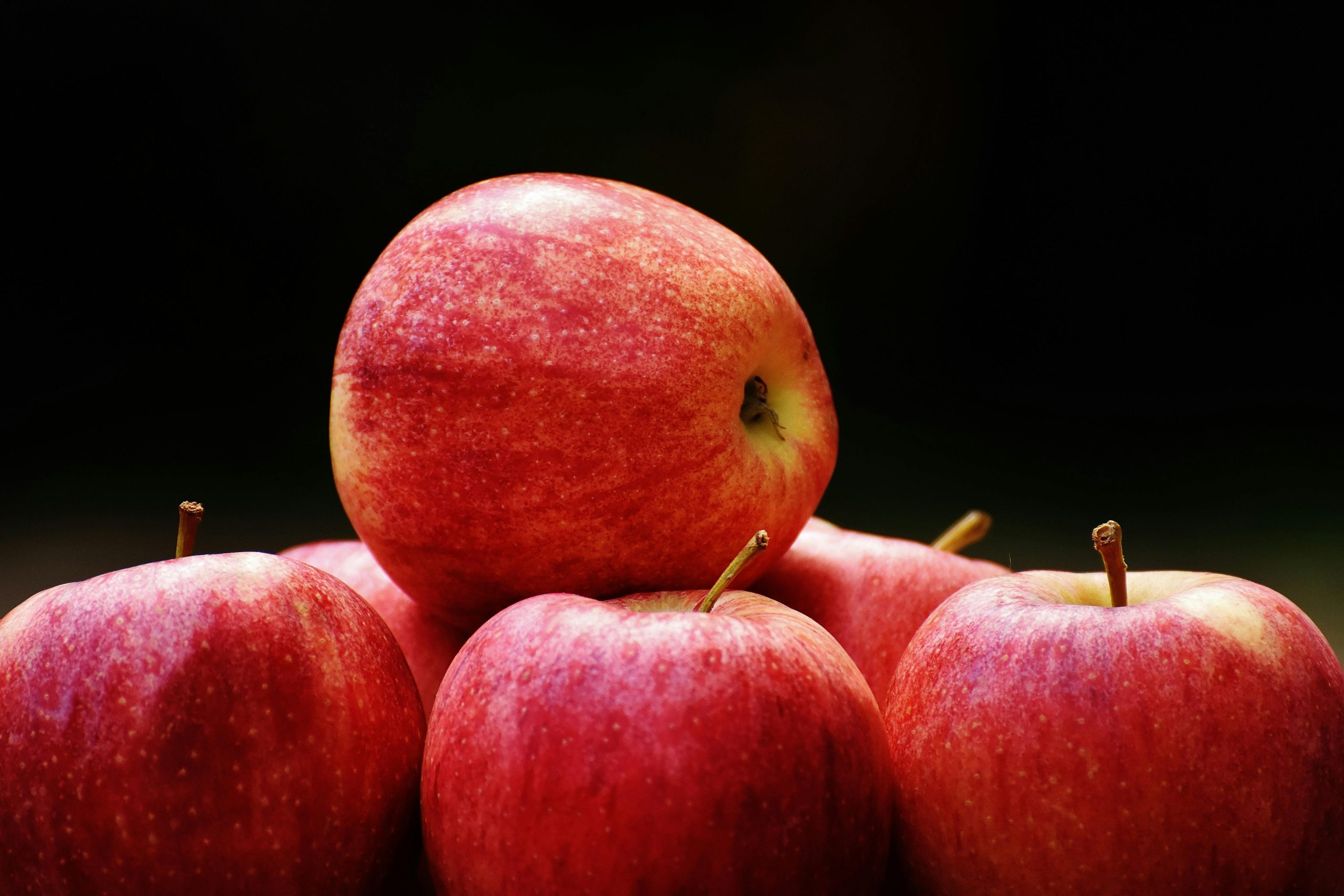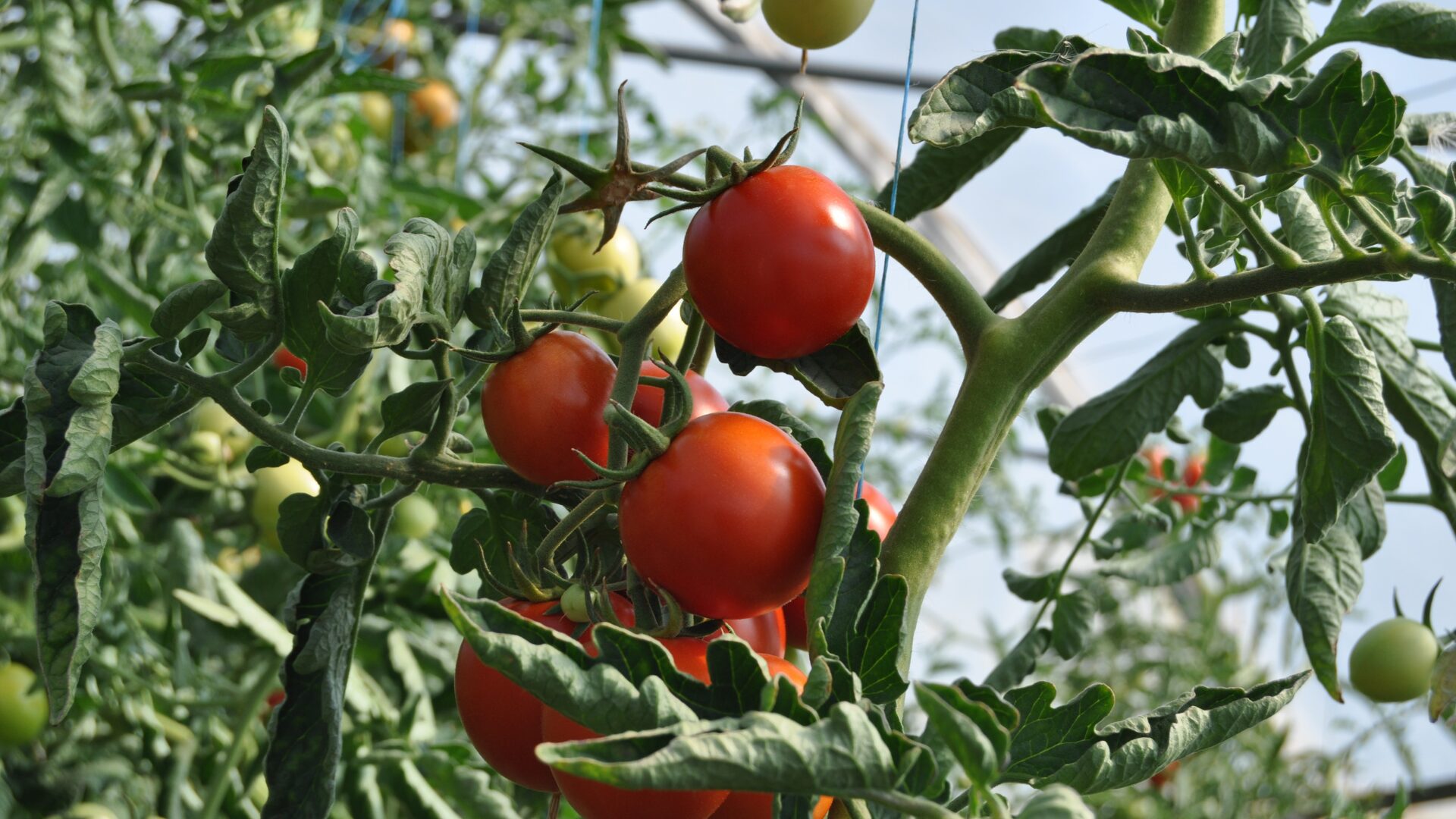BERLIN – Thousands of people recently descended upon Berlin, Germany for the world’s largest produce show, Fruit Logistica, upstaging even Fashion Week during that time.
In fact, Fruit Logistica broke new records for attendance, with over 140 countries representing the entire value chain, from agriculture equipment like automated seeders and harvesters to packaging to farmers including the hot sector of indoor growing to new varieties of fruit and vegetables. There were 26 massive Halls in total, with almost 2,800 different exhibitors – which required getting in some serious steps walking the show floor.
The industry event featured a week of intriguing programming, including the latest industry developments for:
- Breeding
- Food resiliency and supply chain
- Extreme weather developments
- Innovation
- Fair trade and living wage
- Sustainability
The Farming Forward stage featured key themes around Smart Agriculture, Advanced AgTech, and Controlled Environment Agriculture (CEA). Led by produce industry veteran and thought leader Tom Stenzel, the CEA Alliance that represents over 50 different global high-tech greenhouse and indoor vertical farms, along with Wageningen University & Research, the segment was enlightening. Farming Forward offered insight from a wide range of growers, technology providers, and academia.
In one of his panel sessions, Stenzel highlighted how the macro pressures of climate change, dwindling resources, and a rising global population require new strategies for producing food and the important role that Controlled Environment Agriculture can play. Major benefits for indoor growing include the ability to supply consumers with consistently high-quality, healthy fruit and vegetables 365 days a year. In the U.S., up to 85% of tomatoes, cucumbers and peppers are currently produced in a controlled environment, and for leafy greens the figure is 5% and rapidly rising.
Drawing on my years of industry experience from produce, grocery retail, food service, and indoor vertical farming, I was there representing Oshima Good Food, a consulting practice helping businesses focused on the nexus of food, agriculture and technology to break through in the marketplace, and it was great to meet there with so many different companies from emerging to established. In addition, I took part speaking on the Farming Forward Path to Commercialization panel and it was great to learn as well from my fellow panelists about their important work. Jen Bromley shared what she is doing as Chief Scientific Officer to help differentiate Vertical Future – a leading technology provider for end-to-end solutions for indoor vertical farming, including self-manufacturing of their own proprietary growing modules to pioneering research partnerships with organizations like the Space Agency and NASA.
Helen Aquino, who leads brand marketing and communications for Village Fresh Farms, highlighted how they’ve been in business for over 35 years as one of the pioneering greenhouse operators with farms across North America, demonstrating not only the viability but also the enduring importance of indoor growing to address key supply chain production consistency and year-round availability, and her tomato case study on Sensational Sara also highlighted how to bring a differentiated product to market by drawing on key consumer insights and partnering effectively with retail partners.
INNOVATION ON DISPLAY
The annual Fruit Logistica Innovation Award (FLIA) Show, which is considered one of the most important awards for the entire international fruit and vegetable industry, highlighted a fairly new vegetable that’s a cross between a cucumber and a zucchini, the Zucchiolo by Unica Fresh (Spain). That new produce item made the biggest impression on trade visitors, winning over half of the votes. And, 50% of the sales are going to the Cellbitec Foundation that helps fund research in the fight against cancer and degenerative diseases.
The Zucchiolo offers an amazing combo of new varietal development and social cause-marketing to represent true innovation.
Other FLIA contenders included a perfectly ripe, peeled avocado with a shelf life of one month, a new trailblazer in eggplant production, a modern twist on the watermelon, and a naturally sweet, pink-red onion.
In addition, a FLIA Technology Award was presented for the first time in recognition of innovations in the field of Machinery & Technology, and the inaugural winner was the Mirical packaging concept by Koppert (Netherlands) that offers whitefly control in a revolutionary release system, improving application precision and reducing plastic by 99%. Other nominees included the world’s smallest self-service asparagus peeler, a mobile app that counts fruit before harvesting, a natural method to prevent whitefly damage in greenhouse veg, an AI-enabled crop trimmer, and a robotic exoskeleton for packhouse workers.
Bloom Fresh offered a truly innovative presentation on its development of new, red-flesh grapes with higher antioxidant content that’s taking traits from grapes traditionally used in wine making. Chief Innovation Officer Josep Estiarte shared that this new variety is just getting planted this year and to stay tuned for 2025, when they’ll debut in the marketplace. You heard it here first – I’m betting already that this will be an award winner, ready to take on even blueberries for flavor and health benefits.
FUTURE OF PACKAGING ANALYZED
Also, I participated in the International Fresh Produce Association (IFPA) Global Executive Leadership Summit that kicked off the week. With over 40 countries represented, the Summit was a great opportunity to learn first-hand how proactive the association has become globally.
IFPA Chief Membership Officer Miriam Wolk and Chief Science Officer Max Teplitski covered key industry growth trends for different countries and also spotlighted how they’re addressing head-on some of the challenges and opportunities. One area in particular that IFPA has jumped right into is their work forming the Alliance for Sustainable Packaging for Foods (ASPF) to help convene and educate key stakeholders about the role of packaging to ensure not only sustainability but also food safety, shelf-life, and overall quality – including the importance of plastic while new, longer-term innovations and solutions can be developed. IFPA and the Alliance are very much focused now on advocacy within the EU, Canadian, and U.S. governments to ensure that there aren’t unintended consequences to unfolding new regulations and policies that are looking to ban plastic usage outright without having any alternatives in place.
Under CEO Cathy Burns’ leadership, IFPA is more focused than ever on these issues and has become a powerful resource and partner for the entire produce industry.
Editor’s note: Marc Oshima is the CEO of Oshima Good Food and a former co-founder of AeroFarms, a pioneer and leader for indoor vertical farming. Marc is passionate about improving our food system to make it more sustainable and equitable.


